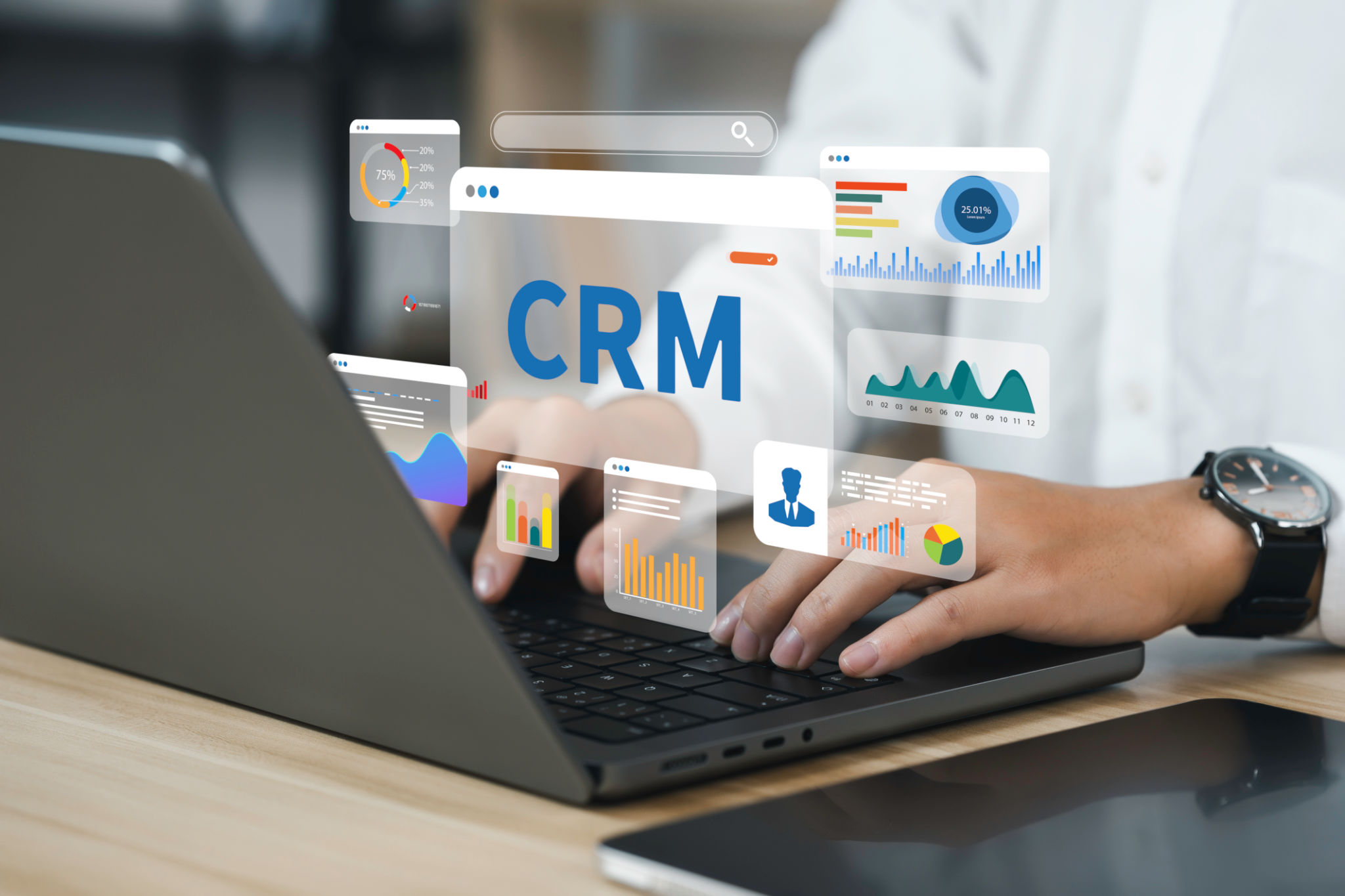CRM vs. ERP: Choosing the Right Solution for Your Business
Understanding CRM and ERP
When choosing software for your business, you might come across CRM and ERP systems. Both serve different purposes but can greatly benefit your operations. Understanding the differences between these systems is crucial for making an informed decision.
CRM stands for Customer Relationship Management. It helps businesses manage interactions with current and potential customers. On the other hand, ERP stands for Enterprise Resource Planning. This system helps manage and integrate core business processes.

Key Features of CRM CRM, businesses can improve customer satisfaction and increase sales.
Some key features of CRM include:
- Contact Management
- Sales Management
- Customer Support
- Marketing Automation
Key Features of ERP
ERP systems integrate various business functions into one complete system. This helps streamline processes and information across the organization. ERP systems often include modules for finance, human resources, and supply chain management.
Some key features of ERP include:
- Financial Management
- Human Resources Management
- Supply Chain Management
- Inventory Management

Choosing the Right Solution
Choosing between CRM and ERP depends on your business needs. If your primary focus is on managing customer relationships and sales, a CRM system might be the best choice. However, if you need to integrate and streamline various business processes, an ERP system could be more suitable.
Some businesses might benefit from using both systems. Integrating CRM and ERP can provide a comprehensive solution that covers both customer management and business processes.
Implementation Considerations
When implementing a CRM or ERP system, consider the following:
- Define your business needs and goals.
- Evaluate different software options.
- Plan for a smooth transition and training.
Proper planning and execution can ensure a successful implementation. This will help your business maximize the benefits of the chosen system.

Take the time to evaluate your options and make the best choice for your business. The right solution can make a significant difference in your operations and overall success.
